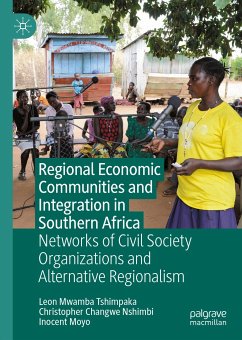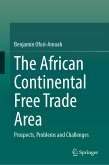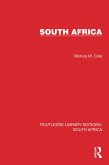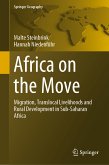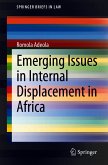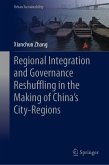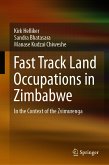This book examines regional integration in Africa, with a particular focus on the Southern African Development Community (SADC). It argues that the SADC's pursuit of a rationalist and state-centric form of integration for Southern Africa is limited, as it overlooks the contributory role and efficacy of non-state actors, who are relegated to the periphery. The book demonstrates that civil society networks in Southern Africa constitute well-governed, self-organised entities that function just like formal regional arrangements driven by state actors and technocrats. The book amplifies this point by deploying New Institutionalism and the New Regionalism Approach to examine the role and efficacy of non-state actors in building regions from below. The book develops a unique typology that shows how Southern African regional civil society networks adopt strategies, norms and rules to establish an efficient form of alternative integration in the region. Based on a critical analysis of this self-organised regionalism, the book projects the reality that alternative regionalism driven by non-state actors is possible. This book expands the study of regionalism in the SADC, and makes a significant and innovative contribution to the study of contemporary regionalism.
Dr Leon Mwamba Tshimpaka is a researcher for the Study of Governance Innovation (GovInn), Department of Political Sciences, University of Pretoria, South Africa. He researches regional integration and development in Africa, with a specific focus on the SADC region.
Dr Christopher Changwe Nshimbi is Director, Centre for the Study of Governance Innovation (GovInn) and Senior Lecturer, Department of Political Sciences, University of Pretoria. He researches migration, regional integration, the informal economy and water governance and sits on regional and international technical working groups on trade, labour and migration, social cohesion and water.
Dr Inocent Moyo is a Senior Lecturer and Head of the Department of Geography and Environmental Studies, University of Zululand, South Africa. He researches borders, migration, development and regional integration, urban and cross border informal economies, with a focus on Africa in general and the SADC region specifically.
Dieser Download kann aus rechtlichen Gründen nur mit Rechnungsadresse in A, B, BG, CY, CZ, D, DK, EW, E, FIN, F, GR, HR, H, IRL, I, LT, L, LR, M, NL, PL, P, R, S, SLO, SK ausgeliefert werden.

